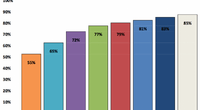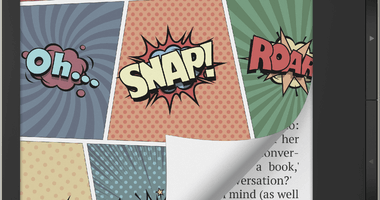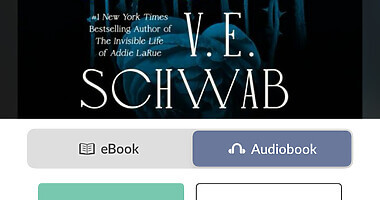The Copenhagen Post published an article this week about an ebook startup idea that seems to have already come and gone in the minds of other consumer markets. Again, being compared to Netflix and Spotify, Mofibo plans to be an ebook subscription service to serve the needs of Denmark’s reading customers. And just like other models that never really took off, the same promises of allowing readers to access bestselling titles from the major publishers, the same comparisons to the movie and music industries, etc.
So why is this service going to be any different? It might work this time because it’s taking off in a market that isn’t known for being major ebook consumers yet.
“We are the first in Denmark to offer this kind of service for e-books and publishers have been very positive,” said Strunge in the CPH Post article. “In the US, 30 percent of reading is done on tablets and I am sure the same will happen here. I believe the market is ready for this service.”
According to the article, ebooks still only account for a tiny portion of book sales in Denmark. At the same time, Mofibo founder Morten Strunge isn’t trying to change the way consumers read their ebooks, he’s aiming at getting consumers to read the digital books at all. And by rolling out a subscription service in a market that isn’t already overrun with ebook retailing options, there’s an excellent chance that as readers take to reading on their smartphones or tablets, that they will incorporate the subscription concept at the same time.
In other attempts to launch subscription-based ebook platforms, some of the major hurdles involved the pricing and compensation. The companies had to be able to guarantee that the publishers and authors were duly paid, but still had to be able to convince the subscribers that they were actually getting a good deal. There’s no incentive to pay to borrow a book if it’s not a better financial choice than simply buying it.
Strunge stated that not only are the publishers he’s spoken with on board with his concept, but that the public libraries are excited about this as well.
“I think Mofibo will be a benefit to the public libraries by creating a stronger overall market for e-books and other digital materials,” said Pernille Drost, president of the librarian’s union, Bibliotekarforbundet, in the article. Drost’s aim is for publishers to see how beneficial Mofibo could be in terms of book and author discovery, then apply that same forward thinking to library ebook lending.
When launching something new, there’s bound to be some buzz generated by the early adopters, but in Denmark’s case, it might just be that the entire country takes to book subscriptions at the same time that they evolve into ebook consumers. Hopefully, Mofibo will enjoy some level of success that can be applied to other e-reading markets.
Mercy Pilkington is a Senior Editor for Good e-Reader. She is also the CEO and founder of a hybrid publishing and consulting company.





